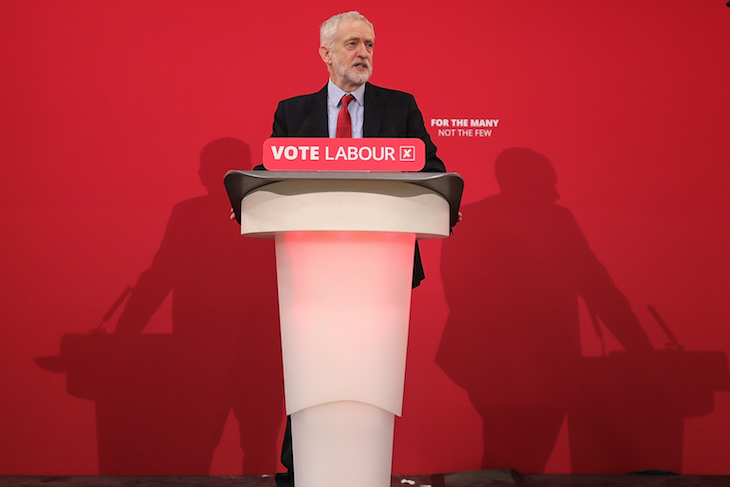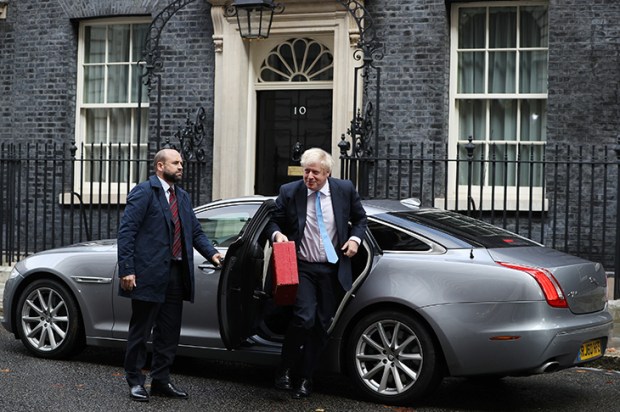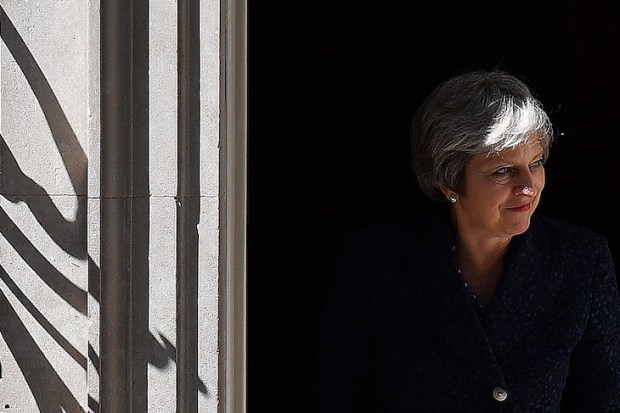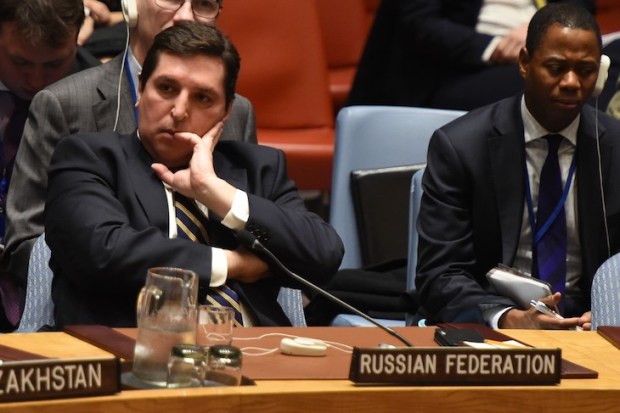One of the mistakes Theresa May made in calling an early election was not anticipating the effect it would have on the Labour party. Up until April 2017, Labour had been noisily divided between the parliamentary party — the vast majority of whom had no confidence in its leadership — and Jeremy Corbyn whom they couldn’t remove because he had the backing of the membership.
But the snap election changed this dynamic. Corbyn’s internal opponents nearly all went quiet once the campaign was announced. This wasn’t just tribal loyalty asserting itself. They wanted to make sure that Corbyn failed on his own terms — that there could be no stab-in-the-back narrative. They also felt there was little risk in keeping schtum. Labour was 20-odd points behind at the start of the campaign, and Corbyn didn’t look like getting anywhere near power.
What wasn’t anticipated was that Corbyn would lead Labour to 40 per cent of the vote and a slew of gains. This success, albeit a relative one — Labour might have won the campaign, but it didn’t win the election — left most of Corbyn’s internal critics speechless. Since the election, he has faced far less internal opposition than before. He has now consolidated his grip on the commanding heights of the Labour party.
But the silence didn’t mean that the Labour moderates had been won round by Corbyn’s campaigning success. Only a minority of this group thought the biggest problem with Corbyn was his perceived unelectability. Most of them regarded him as not just unelectable but wrong: wrong about the economy, wrong about national security and temperamentally unsuited to the job.
Events this month have served to remind MPs why they had such doubts. First, there was Corbyn’s response to the Salisbury attack. Following the use of chemical weapons on British soil, the Labour leader’s reaction has been to complain about cuts to the Foreign Office budget, to insist on the importance of dialogue with Russia despite the evidence that they are responsible for this outrage and to argue that a sample of the nerve gas used should be sent to Moscow so that the Russians can say if it is theirs or not. He hasn’t even been prepared to endorse his shadow chancellor’s call for Labour MPs to boycott the Russian propaganda channel RT.
Then there is anti-Semitism. It turned out that Corbyn was a member of, and occasionally posted on, a closed Facebook group in which anti-Semitic material was disseminated. The group’s membership was vetted, making it worrying that Corbyn was added to in the first place. It is also hard to see how an alert person could have posted there without being aware of some of its contents. The material involved was hardly subtle.
If one Facebook group could be considered unfortunate, another was then highlighted in which Corbyn had defended an anti-Semitic mural on free speech grounds. This was odd as Corbyn is not a politician who values free speech above all else. As Nick Cohen has pointed out on our website, Corbyn turned up to a demonstration against the Mohammed cartoons in Trafalgar Square in 2006.
Corbyn’s later defence was that he hadn’t looked at the picture in sufficient detail to know it was anti-Semitic. But this defence is telling in and of itself. One can’t imagine Corbyn’s initial instinct being to back a mural that was being taken down for being offensive to another minority group. This suggests that Corbyn views anti-Semitism differently from other forms of racism.
Further evidence that he sees anti-Semitism differently is his attitude to some of those who promote it. Corbyn infamously called Hamas ‘friends’ despite the deeply anti-Semitic nature of its charter. Corbyn’s team say that term was purely ‘diplomatic language’, a risk for peace. But it is hard to imagine him using such language about a group who, for example, said about black people what Hamas says about Jews. Then there was his earlier willingness to speak at an Al-Quds Day rally in London and to appear on Press TV, a mouthpiece of the Iranian regime. Or you could take his desire to see Raed Salah admitted to the UK and to have tea with him on the House of Commons terrace despite his alleged use of the ‘blood libel’ against Jews. Again, you can’t imagine Corbyn fighting so hard for the rights of someone accused of such hate speech against another minority group.
This attitude is particularly hard for many Labour MPs to take. They fear that it means the party will never be serious about rooting out the anti-Semitism that even Corbyn now admits exists in ‘pockets’ and can’t just be dismissed as ‘a few bad apples’. To stay in a party that isn’t going to deal with this moral stain is a price that several MPs are becoming convinced is too high.
The events of the past few months have also been a reminder of the real power of a prime minister. On the economy, a prime minister Corbyn would need parliament to approve tax rises or nationalisations. But if he had chosen not to respond to the Salisbury attack, parliament could have done little to force him. Equally, the Commons could do little about the effect on the nation’s character of having as prime minister a man against whom the Board of Deputies of British Jews and the Jewish Leadership Council — two groups that strive to avoid looking party political — have organised a demonstration.
Come the next election, it won’t be possible to dismiss the prospect of Jeremy Corbyn becoming prime minister. Labour will start the campaign within striking distance of forming a government. No one will be able to credibly claim that voting Labour is just about backing the local candidate. But it’s hard to see how Corbyn can be replaced as leader, given that his position with the membership is even stronger now than in 2016 when he was challenged after the EU referendum and romped home with 62 per cent of the vote. It is surely time for those moderates who feel they cannot back Corbyn to be prime minister to act. If they won’t after the events of this month, when?
Got something to add? Join the discussion and comment below.
Get 10 issues for just $10
Subscribe to The Spectator Australia today for the next 10 magazine issues, plus full online access, for just $10.
You might disagree with half of it, but you’ll enjoy reading all of it. Try your first month for free, then just $2 a week for the remainder of your first year.















Comments
Don't miss out
Join the conversation with other Spectator Australia readers. Subscribe to leave a comment.
SUBSCRIBEAlready a subscriber? Log in